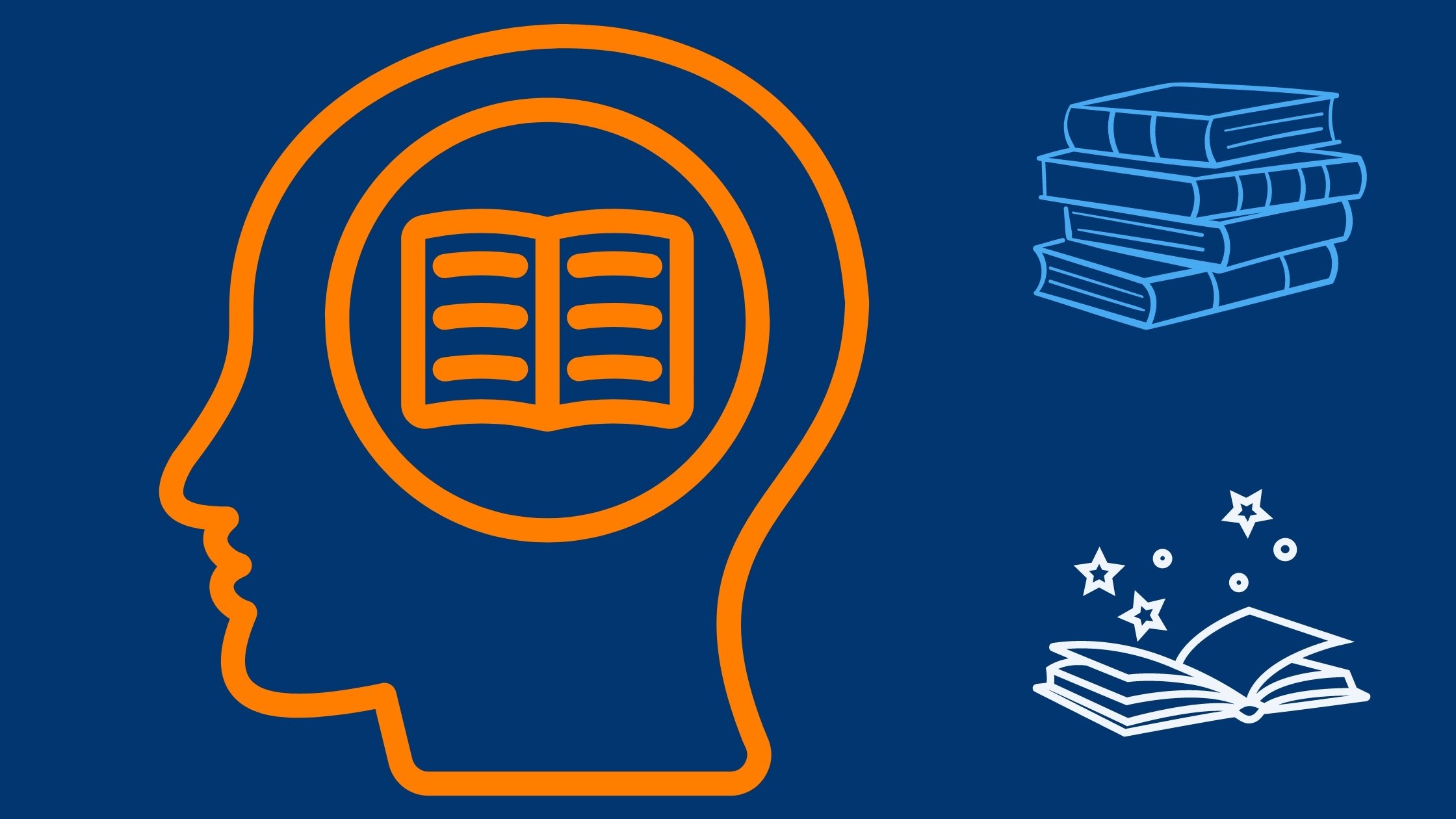A few weeks back, when reading Nudge, I came across the concept they introduced about invisible energy.
“The underlying problem is that energy is invisible, so people do not know when they are using a lot of it. The genius of the Orb is that it makes energy use visible.”
While this particular quote is about the specific use of electricity energy in the home, it emphasizes the importance of feedback.
Feedback in Action: From AI Tools to Airplanes
My first thought when reading this was a comparison to the use of AI tools. We have worked with a lot of people over the past year in training and educating them on using AI tools like ChatGPT and have found that people do not understand the tools have usage limits. Part of the reason is that there is no visible feedback to indicate to the user that they have reached their limit or that the prior memory in a particular chat is being overwritten. If ChatGPT would have an indicator light (similar to the one discussed in Nudge) to say to the use “Hey, you are about to exceed your input limit” or “Hi there, the memory for this chat is going to be overwritten in 100 words”, it might help the user with their use of the program to get better outputs.
When I brought up the invisible energy quote to Damien, his first thought was a comparison to flying an airplane. He is a private pilot who has learned much about aerodynamics and energy over the years. He said that without visible feedback while flying, it is challenging to be able to determine how to best use the energy in the plane.
Insights from Great Minds on Feedback
In general, feedback is such an important part of communication and human behavior. Here are a few takeaways from some of the books I have read:
- "Feedback is the cornerstone of self-improvement. Without it, we are blind to our own progress." - Designing the Mind: The Principles of Psychitecture - Ryan Bush
- Feedback loops encourage conscious reflection and adjustment based on received input.
- "Feedback provides a mirror to reflect your behavior and emotional responses, enabling you to adjust and improve." - Emotional Intelligence 2.0 - Travis Bradberry
- Emphasis on the role of feedback in building self-awareness and improving emotional intelligence.
- "The great teachers believe in the growth of talent and intellect and are fascinated with the process of learning... they encourage feedback that helps students see mistakes as opportunities to improve." - Mindset - Carol Dweck
- Feedback is a core element in fostering a growth mindset. Constructive criticism helps people develop resilience and skills.
- “People will often make better decisions if they are provided with better information, clearer feedback, and timely reminders.” - Nudge - Richard Thaler and Cass Sunstein
- Smart disclosures (like energy monitors) can prompt changes in behavior by making hidden information visible.
- “The more we are aware of our biases and how we react to certain stimuli, the better prepared we are to adjust our behaviors.” - Predictably Irrational - Dan Ariely
- Immediate feedback (such as calorie counts on menus) can prompt better decisions in real-time by making previously invisible consequences visible.
- “Feedback is the breakfast of champions.” - The Power of Self-Confidence - Brian Tracy
- Consistent and clear feedback help to adjust behavior and achieve personal goals that would remain out of reach without external input or self-monitoring.
- “The tipping point is the moment of critical mass, the threshold, the boiling point.” - The Tipping Point - Malcolm Gladwell
- Small but visible changes (like feedback on social norms) can create massive shifts in behavior, such as reducing crime through environmental design or adjusting social cues.
Unlocking Potential Through Feedback
Reflecting on these examples and the two vastly different takeaways Damien and I had, it becomes clear that feedback isn't just a helpful tool—it’s a critical mechanism for growth, improvement, and better decision-making. Whether managing electricity usage at home, navigating the skies, or interacting with AI tools like ChatGPT, feedback transforms the invisible into something actionable.
The common thread in all these examples is that feedback closes the loop (and a closed loop is always a good thing!) between action and consequence. It helps us become aware of what we might otherwise miss, allowing us to adjust, improve, and ultimately make better choices.
By making the unseen visible—whether through indicators, gauges, or thoughtful system design—we unlock the potential for meaningful change. The more intentional we are about creating feedback-rich environments in technology, education, and even daily life, the more empowered we become to learn, adapt, and thrive.
So, the next time you encounter a challenge, ask yourself:
- What feedback am I missing?
- What invisible signals could be brought to light to help me see more clearly and move forward purposefully?
In a world where so much remains unseen, making feedback visible might just be the smartest nudge of all.
Ponder This
- What areas of your life could improve with clearer feedback loops?
- Can you think of a time when visible feedback changed your behavior for the better?
- How might you design feedback systems in your personal or professional life to help you grow?
Books
- Nudge - Richard Thaler and Cass Sunstein
- Designing the Mind: The Principles of Psychitecture - Ryan Bush
- Emotional Intelligence 2.0 - Travis Bradberry
- Mindset - Carol Dweck
- The Tipping Point - Malcolm Gladwell
- The Power of Self-Confidence - Brian Tracy
- Predictably Irrational - Dan Ariely


Comments